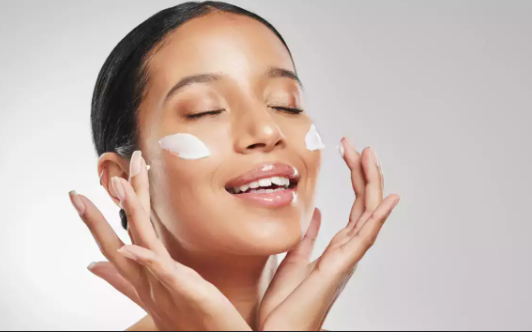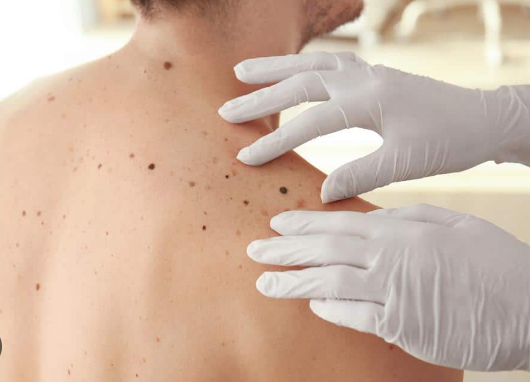Although skin cancer is not always fatal, over 20% of Americans receive a skin cancer diagnosis at some point in their lives.
In addition to being the most prevalent cancer, skin cancer is also the most avoidable. The majority of the time, excessive sun exposure is the cause.
In a press release, surgical oncologist Dr. Jeffrey Farma stated, “Prevention is key when it comes to skin cancer.” “My goal is to ensure patients can enjoy their lives, including time in the sun, while being mindful that even a small skin lesion can quickly escalate into a very serious issue.”
Also read-Ways To Mitigate The Harm Caused By Detroit’s Housing Inequity Heritage

Skin Cancer
Farma stressed that skin cancer can strike anyone, young or elderly, even if they don’t burn readily.
Since 2011, the most dangerous type of skin cancer, melanoma, has increased at a rate of about 7% year, whereas the risk of skin cancer in young people has remained constant.
“We have encountered young patients in their 20s who frequent tanning salons and get a lot of tan, only to find out they have skin cancer. According to Farma, co-director of Fox Chase Cancer Center’s melanoma and skin cancer program in Philadelphia, “that diagnosis has the power to completely transform their life.” In addition, he chairs the state commission on cancer for the American College of Surgeons.

Farma gives some safety advice so you may enjoy the outdoors:
Apply sunscreen correctly: Despite the fact that you like to tan rather than burn, wear a broad-spectrum sunscreen with an SPF of at least thirty. Farma cautioned, “You can get skin cancer with any skin pigmentation.” Use sunscreen all year round, even in the cold. Particularly risky activities include boating and skiing since the reflection from snow and water can enhance UV exposure. Reapply sunscreen liberally to exposed areas of your body every two hours, especially if you’re swimming or perspire a lot. To ensure that you remember, set a reminder on your phone. Another line of defense is to use hats and clothes made of UV protection.

Look for reliable information: Because social media is so widely used, false information travels quickly. “Some people think getting an initial tan or burn in the summer is healthy and provides protection against burns for the rest of the summer,” Farma stated. “That is still damaging and putting you at risk.” Internet posts that claim sunscreen causes cancer are another worrying myth, according to Farma, and they are not supported by reliable research. See a dermatologist or your primary care physician for the most reliable guidance on preventing skin cancer. They can also respond to inquiries concerning the various kinds of sunscreens and the level of protection they provide.

Keep an eye out for changes in your skin. Early identification can stop skin cancer from getting worse. Observe any changes in your skin, especially on parts of your body that are rarely exposed to the sun, such as your hands’ palms, your feet’s soles, and the space under your nails, advised Farma. Notify your physician right away of any concerns.

images source: Google
Disclaimer: The opinions and suggestions expressed in this article are solely those of the individual analysts. These are not the opinions of HNN. For more, please consult with your doctor



































